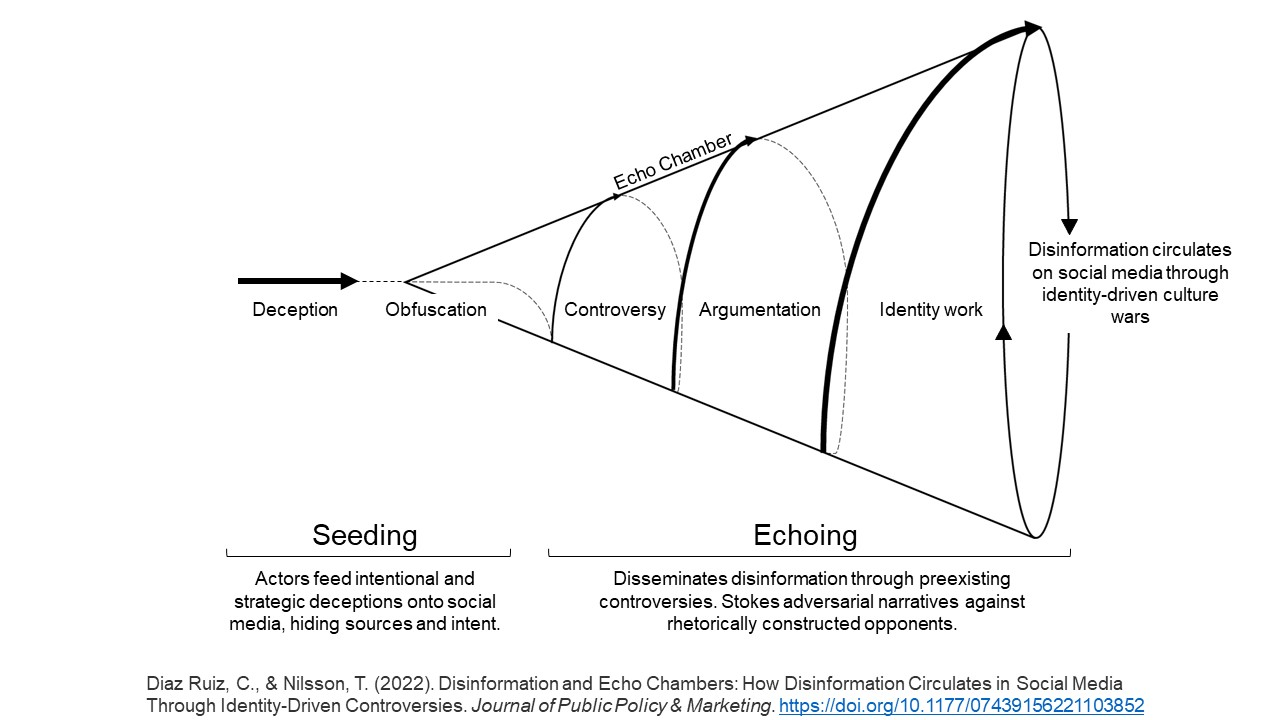Surely by now you've seen the stories about GOP congressmen, in deep red districts, being absolutely swarmed by angry constituents furious that they're not standing up to Trump, Musk, DOGE, and the buzzsaw attack on hardworking federal employees.
My thesis about this will be twofold. First, there's objectively less to these events than meets the eye. And second, it doesn't matter that there's objectively less to these events than meets the eye, and we should all behave like they're exactly what they appear to be.
Start with the first. The excitement over these protests relates to the sense that anger and outrage over Trump has expanded beyond the blue bubbles and is penetrating even dark red terrain. But the mistake here is something I alluded to in my How To Tokenize with Proportions post. A congressional district where a Republican won by, say, a 66-33 margin is by any measure a dark-red district. But it also is a district where one in three voters voted Democrat. One in three is a lot of people! In a congressional district of 750,000, it's 250,000 people! It is not hard to fill a high school auditorium, particularly if that 250,000 is feeling especially angry and activated.
It's an issue of framing, if you're generous, or innumeracy, if you're not: 33% doesn't feel very common, 1 in 3 feels very common. Politically speaking, the former is closer to accurate, which is why congressional districts where one sees 66/33 margins aren't typically treated as competitive.
But what innumeracy taketh away, innumeracy also giveth. The fact is that most people see a crowd of angry constituents filling an auditorium in a deep-red district and don't start doing math about how easy or hard it is to fill up the space given the baseline number of Democrats around. They just see the crowd. Politics is often a game of perception and of momentum -- people see others in their community and in their spaces expressing anger and fear and frustration, and it validates their own nascent feelings of anger, fear, and frustration. It makes them feel like they're not alone. It encourages them that these sentiments are common in their community, and that they're not weird or outcasts or loners if they feel them too. All of that starts to build a narrative conducive to resistance. And even if it doesn't mean the deepest-red congressional districts will flip blue in 2026, it gets that permission structure going that will make life very difficult for Republicans in more vulnerable seats.
So keep swarming. Keep yelling. Keep sharing those vids. Build up that narrative that people everywhere are mad as hell, and they're ready to fight. In politics, image becomes reality before you know it.


